What Are The SAP MM Tables?
4.9 out of 5 based on 10287 votesLast updated on 28th Jun 2025 18.3K Views
- Bookmark

SAP MM tables are database tables that store information related to materials, vendors, and various procurement and purchasing activities.
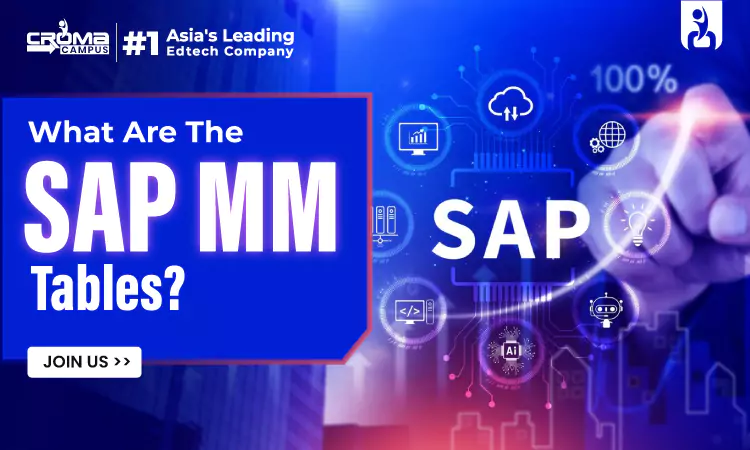
The SAP MM (Materials Management) module is very important in the SAP ERP system because it ensures the management of procurement, inventory, and logistics activities. The database tables are one of the major elements of SAP MM as they store and manage large quantities of data concerning materials, suppliers and purchase processes. SAP MM tables are those database tables that include data about materials and vendors, and related purchasing activities. Those tables serve as the skeleton of the SAP MM module, in that they offer a systematic organisation of the data for storing and retrieving. To further know about it, one can visit SAP MM Online Course. The most common SAP MM tables are as follows:
- MARA: Material Master Record
- MEAN: Purchasing Organisation Data
- EKPO: Purchase Order Item
- EKKO: Purchase Order Header
Material Master Tables
A material master table is a very important part of SAP MM, and tables contain the information relating to a material, like material description, material units, etc., of utility and substance kinds. These are the tables in which the material numbers, material description and measure of units are stored and used in a number of SAP MM processes. The most important material master tables are
- MARA: Material Master Record (General Data)
- MARC: Material Master Record (Plant Data)
- MAKT: Material Description
- MMLT: Material Master Texts
Purchasing Tables
Table-Purchasing The tables that relate to purchasing activity are purchase orders, purchase requisitions, and vendor information. Data maintained in these tables includes the purchase order number, vendor data, and data on items that are used in the management of the purchasing activities. Among the most significant buying tables, there are the following:
- EKKO: Purchase Order Header
- EKPO: Purchase Order Item
- EBAN: Purchase Requisition
- EBKN: Purchase Requisition Item
Vendor Tables
Vendor tables store data related to vendors, such as vendor information, purchasing organization data, and vendor evaluation scores. These tables store data such as vendor numbers, names, and addresses, which are used to manage vendor relationships. Some of the most important vendor tables include:
- LFA1: Vendor Master Record (General Data)
- LFB1: Vendor Master Record (Company Code Data)
- MEAN: Purchasing Organization Data
- LFM1: Vendor Master Record (Purchasing Organization Data)
Inventory Management Tables
Tables with inventory management store the information linked to the inventory transactions, goods receipts, goods issues, and the levels of stocks. Some of the data that is stored in these tables includes the number of materials, quantities, and storage locations that are utilised in maintaining inventory levels and tracking the movements of materials. The most crucial inventory management tables are some of the following:
- MSEG: Material Document
- MKPF: Material Document Header
- MCHB: Batch Record
- MARD: Material Storage Location Data
SAP MM Tables to Optimize Procurement and Inventory Management
The use of the information stored in SAP MM tables allows optimizing the organization of the procurement process and the regulation of inventory management. Preparing for the SAP MM Certification can help you start a career in this domain. Organisations can use these tables to do the following:
- Enhance procurement efficiency: With the help of purchasing data analysis, organizations can determine ways to optimise the procurement activity and make it cost-efficient.
- Improve inventory management: The analysis of inventory data will allow organizations to optimise the stock levels and achieve the reduction of stockouts and wastage.
- Better vendor management: Analysing vendor data will allow an organization to gauge the performance of their vendors and how they can be reviewed, as well as negotiate lower prices with them.
Best Practices for Working with SAP MM Tables
Integrating SAP MM tables with other SAP modules: Integration of SAP MM tables with other SAP modules, including SAP FI/CO and SAP SD have the ability to present a much better overview of data in the organization and assist the organization with making better decisions. Many institutes provide SAP MM Training Institute in Gurgaon, and enrolling in this can help you start a career in thsi domain. Organisations that want to take full advantage of SAP MM tables ought to practice the following:
- Frequent checking and reports: Checking and analysis of SAP MM data on a regular basis may assist organizations to see where they can improve and also streamline the procurement and inventory management activities.
- Having quality data: As part of the SAP MM, it is important to maintain the quality of data, as this will help in making sound decisions and streamlining the process in procurement and inventory management.
Other SAP Related Courses:
Career Opportunities in SAP MM
SAP MM (Materials Management) is one of the most demanded modules in the SAP community, and it provides all professionals who want to establish a career in enterprise resource planning (ERP) and supply chain management with numerous career opportunities. MM, a core module in SAP, plays a vital role in streamlining procurement, inventory, and logistics operations across industries. With Online SAP Training, professionals can master MM to enhance efficiency and drive smarter business processes in their organizations. There is a huge demand for SAP MM professionals in cities like Hyderabad and Noida. Therefore, enrolling in the SAP MM Institute In Hyderabad can help you start a career in this domain. SAP MM presents a variety of job opportunities to individuals whose interests and skills differ. Such career directions are some of the most typical:
- SAP MM Consultant: Working as an SAP MM consultant, you would be assisting clients in implementing and optimizing SAP MM solutions in their systems and making them connect without any glitch to other SAP modules or external systems.
- SAP MM Analyst: Under this position, you will study business needs and come up with solutions based on the SAP MM, and in this position, you will help stakeholders to ensure that the business needs are fulfilled.
- SAP MM Project Manager: You will manage SAP MM project implementations as an MM project manager, and you have to ensure planning, scheduling, monitoring, controlling, and ensuring the successful completion of the project in terms of schedule, cost and quality as per the requirement.
- SAP MM Support Specialist: You will be a support specialist responsible for providing support on SAP MM systems and troubleshooting problems in them, ensuring the uptime and performance.
You May Also Read:
SAP MM Consultant Salary In India
SAP MM Interview Questions And Answers
SAP Success Factors Certification Cost In India
Sap S 4Hana Certification Fees
Common Challenges and Solutions
When using SAP MM tables, organizations can face numerous issues that will affect their procurement and inventory management, hence affecting their operations. Such challenges impose inconsistencies in data spread across various tables and modules, various issues in the data quality, which may result in poor reporting and decision-making, and complexities of the interface of SAP MM tables with other SAP modules and outside systems. Many institutes provide SAP MM Training in Delhi, which can help you understand these common challenges and solutions. The process of communicating with the tables in the SAP MM can be cumbersome, and the organisations may run into risks such as:
- Data inconsistencies: This may be one of the problems where the data may not be consistent between various tables and different modules.
- The quality of data: The problem of data quality lies in the fact that improper data quality may cause poor reporting and wrong decision-making.
- System integration: System integration can prove to be complicated, especially when SAP MM tables are to be integrated with other SAP modules and external systems.
Conclusion
SAP MM tables play an important role in the SAP ERP system, which offers an organized system to uphold and store data concerning materials, vendors, and purchase operations. Knowing what SAP MM tables are the most important and how these tables can be utilised to optimise the procurement and inventory management processes, organisations can make a clearer decision, cut expenses, and enhance the overall effectiveness. Major IT hubs like Noida and Delhi offer many job roles for SAP MM professionals. Therefore, enrolling in the SAP MM Course in Noida can help you start a career in this domain. Being an SAP MM consultant, a procurement professional or an inventory management person, the present fast-paced business world requires that you understand SAP MM tables in order to succeed.
Subscribe For Free Demo
Free Demo for Corporate & Online Trainings.
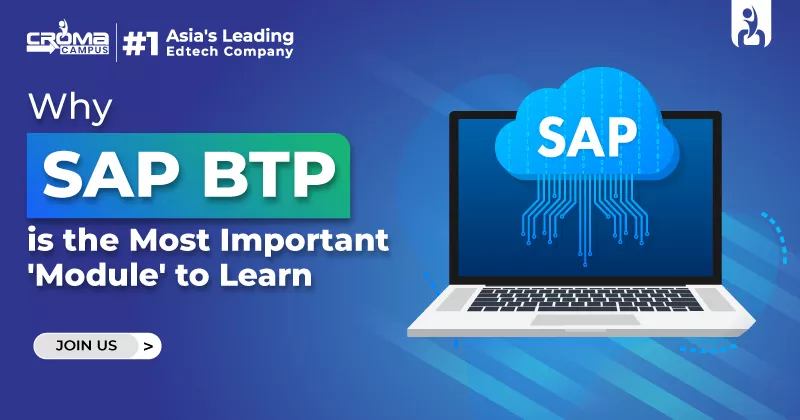


.webp)



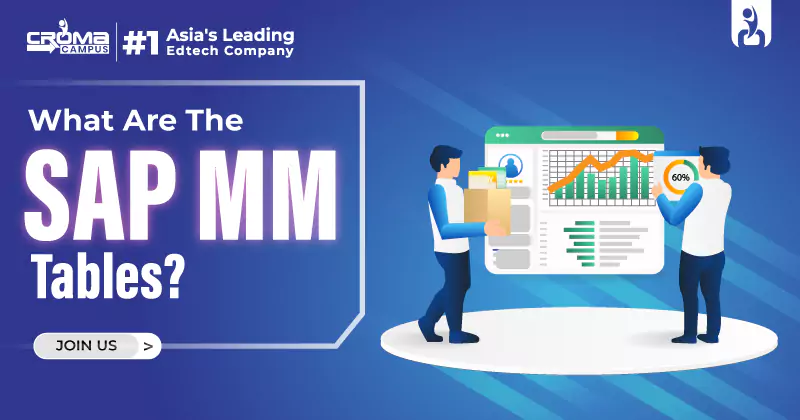
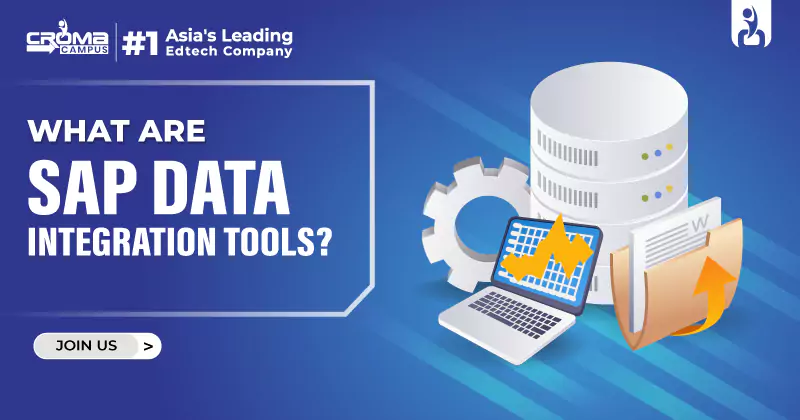
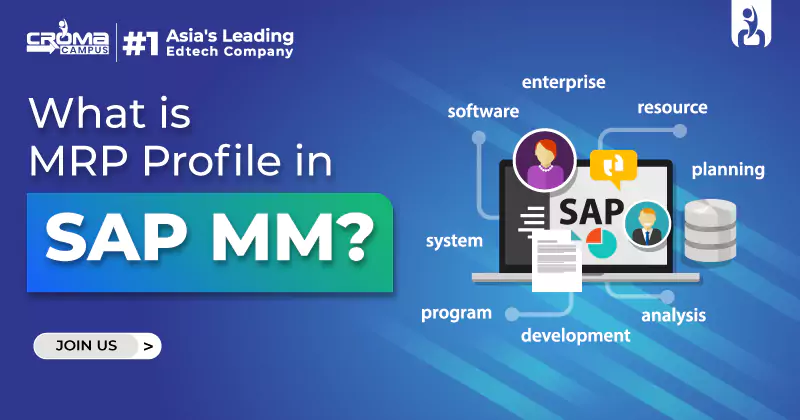
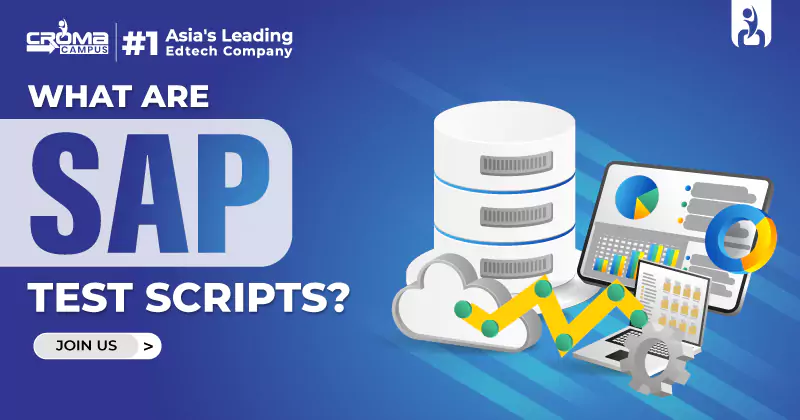
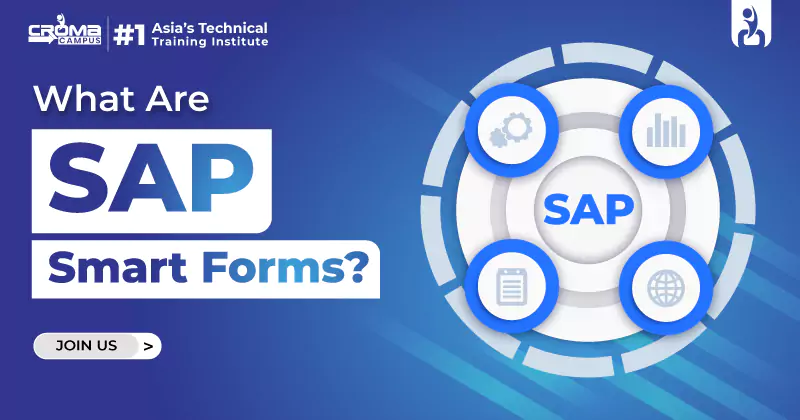













.webp)
.webp)

.png)















